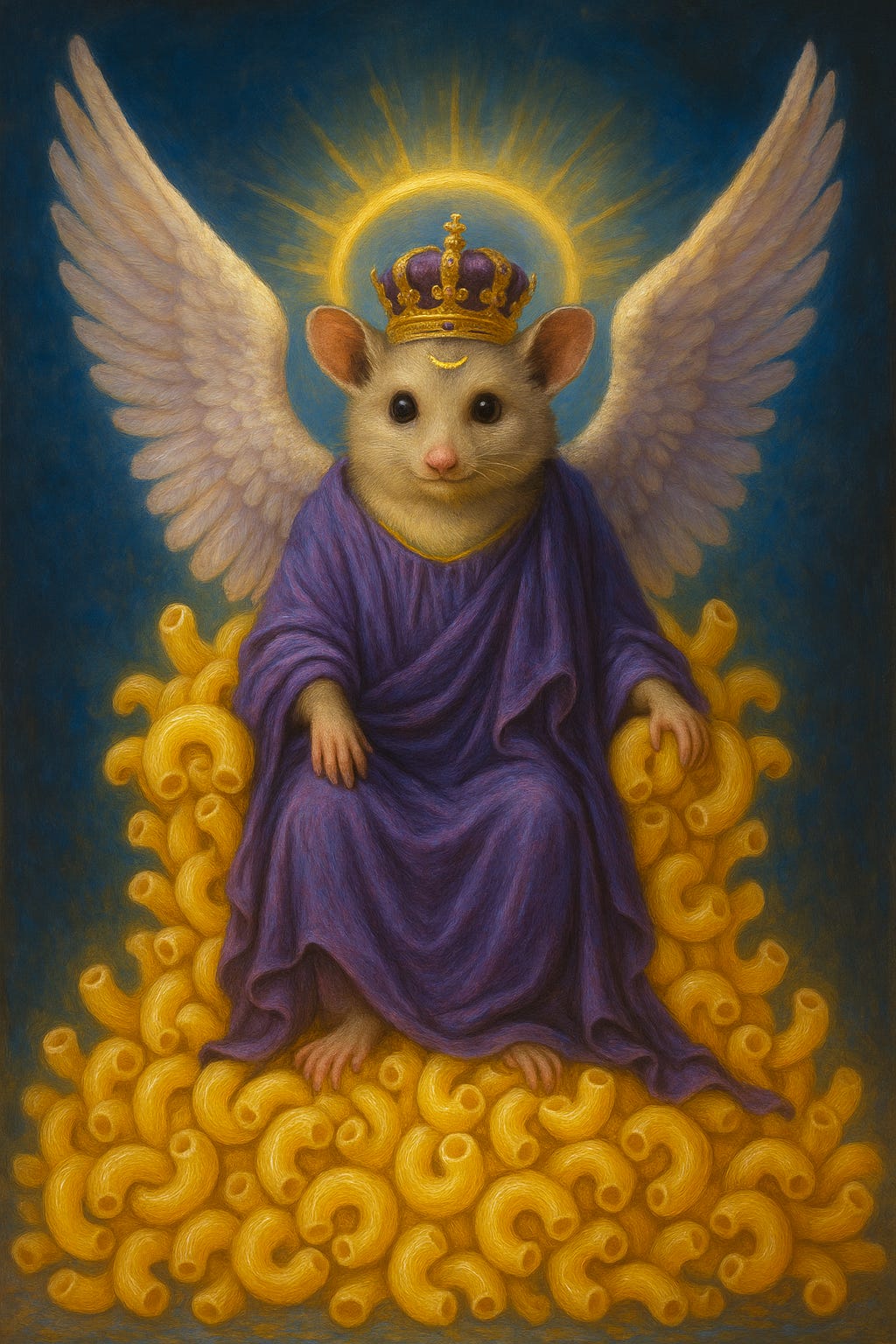A Substrate By Any Other Name…
When I talk about information-first reality — which proposes that information, not matter or spacetime, is the fundamental substrate of the universe, that this substrate biases outcomes in favor of informational coherence which gives way to elements, compounds, structures and species — people inevitably ask: so what exactly is this substrate? Is it God? A force? Some new kind of field?
Sometimes it is not a question but a statement: It’s God! or It’s Gaia! Or Universal Consciousness!
For the record, here’s my take on the questions (and statements). If you propose something, it’s a safe bet that you’ll be asked questions about it. Like it or not, we’re human and humans are habitual namers of things. Slavish describers, cataloggers, philosophizers and summarizers. Well, so be it. I’m all of those things too. Here goes:
Think about how different authors describe characters. Some give you everything: clothing, age, posture, psychology, down to the thread count of their shirt. Others sketch lightly — a name, a role, a hint of personality — and let the reader’s mind do the rest.
The substrate is like that second kind of character. We do not have a full biography. We don’t know what it “looks like.” How could we when it’s not “made out of” anything? It’s the very definition of an enigma. It’s like space. You know what it does. How it relates to yourself and other objects. But you don’t know what it’s made out of. You can’t really touch it. It’s almost there by virtue of not being there at all. This is our relational comprehension of the substrate. All we know is what it does: it encodes possibilities, it resolves them into existence, and it favors coherence over noise. Ideally that would be enough.
But humans can’t resist filling in the blanks. Applying old paradigms to new schemes. If you don’t believe me, look at the names we give animals: seahorse (so original), chicken turtle (so so original), red panda (not red, not a panda). Well we have this tendency across the board, not just with critters.
There Is Power In A Name…
Some will want to cast the substrate as a divine overseer. Others as a cold, lifeless law of nature. Some may want to picture an angelic winged marsupial perched on a luminescent throne of enchanted elbow macaroni. None of these images are likely to be very accurate — but neither are they useless. They’re mental props, ways to grasp what resists easy description.
There is a danger in mistaking your picture for the thing itself. You won’t easily convince others your version of the underlying informational substrate is the “real” one. By the way, please don’t start a substrate cult — it’s not that sexy. Borrowing from existing archetypes will get you much farther. Plus they all have a solid track record of success. Good luck!
The Name Of The Game: Coherence
The importance of the substrate is not in which costume you give it. The point is that once you recognize it — once you grasp that information is the undercurrent of being — everything else starts to fall into place.
Science looks lighter: no strings vibrating into hidden dimensions, no ghost particles that never quite materialize, no infinity of universes sprouting branches with every fallen raindrop. Just information resolving into existence. Probability solidifying into reality.
Religion looks a lot less fractured: traditions may never agree on prophets, prayers or rituals, but they can converge on the payload — that coherence itself is real, generative, and persistent. A redoubling of focus on the important parts: be good to each other, cooperate, prepare for times of trouble, coexist in happiness. Very good stuff.
Imagine physics and theology actually circling the same principle, not with swords drawn in combat but in recognition of the simple reality that they’ve been chasing the same answer all along. If Jesus descended on a golden stair tomorrow, even the fiercest sectarian divides would begin collapsing in seconds. A visible truth unites. A visible substrate has that kind of unifying power.
That’s how I see it. The substrate isn’t a god unless you need it to be. It isn’t a machine unless that frame helps you. And either is fine as long as you don’t want to fight about it. The informational ground of being, seen for what it is, doesn’t offer much definition to theological constructs. Sketch the character however it comes together in your mind, for your needs, for your situation. Just don’t forget the real story lies in what it does — and what it does is give persistence to reality itself. The thing that means anything by meaning everything, the whole while meaning nothing. But the meaning that matters most to us is the meaning we give it. It’s very symbiotic when you think about it.


